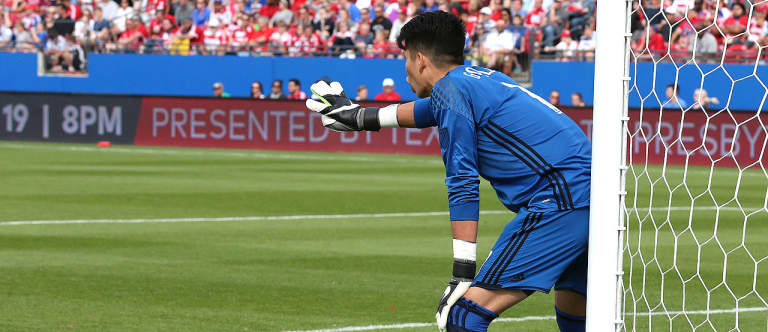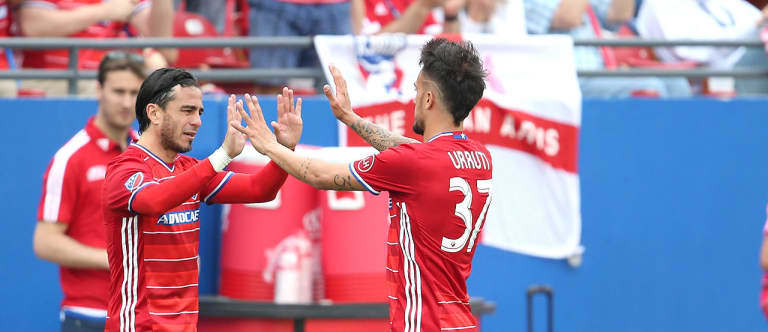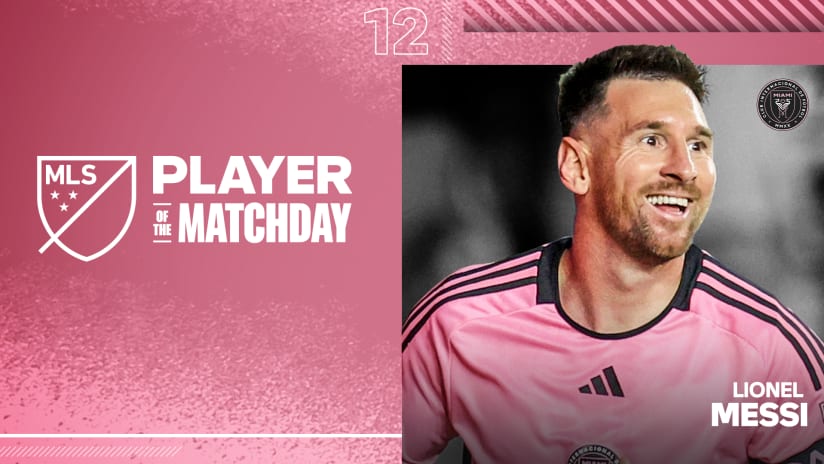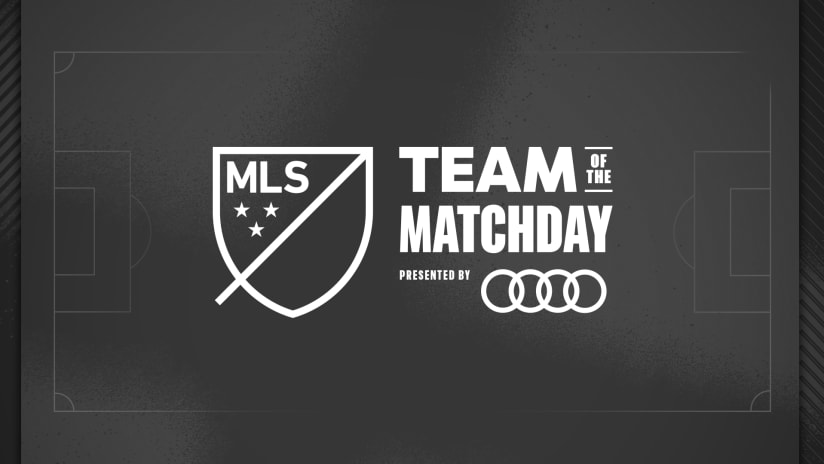There are only a few teams in MLS that can realistically hope to sign a Sebastian Giovinco or a Robbie Keane, but nearly every club has one or two areas where they hold a relative advantage over their league rivals.
Whether it comes in the form of an excellent head coach, amazing atmosphere, solid network in an under-scouted region or even close proximity to a world-class beach, sustained success is all about recognizing what those relative advantages are, then leveraging them.
Head coach Oscar Pareja and FC Dallas may not drop their millions on high-profile stars, but they have squeezed a ton out of their best natural resource: talented young players.
FCD’s biggest relative edge on the majority of their MLS competition is their academy. Dallas is one of the most talent-rich regions in the league, meaning the club can stock their youth teams with legitimate prospects and sign the best to Homegrown deals (Full List).
Those academy products complement FCD’s star South Americans. The club has long made it a point to add talented youngsters from Colombia, Argentina and elsewhere on the continent. They signed Fabian Castillo, then 18, in 2011, brought in a 22-year-old Mauro Diaz in 2013, a 23-year-old Michael Barrios last year and landed 20-year-old Carlos Gruezo in January.
Of course, having talented youngsters on the roster doesn’t mean much if your coach won’t play them. Thankfully for FCD, Pareja isn’t that coach. The Colombian, who ran Dallas’ academy from 2008-2011, puts more faith in young players than just about any other manager in the league, giving FCD’s youthful Homegrowns, South American imports and SuperDraft selections plenty of opportunities to blossom.

Homegrown players like Jesse Gonzalez, Kellyn Acosta and Victor Ullloa played an astonishing 20 percent of FCD’s available minutes in 2015, eclipsing the already impressive 14-percent mark Dallas hit in 2014. Those numbers don’t account for Castillo, Diaz and Barrios or draft picks like captain Matt Hedges, 2014 AT&T Rookie of the Year Tesho Akindele and up-and-comers Walker Zimmerman and Ryan Hollingshead, all of whom played big minutes last year and all of whom are still 25 or under.
The emphasis on the academy and Pareja’s willingness to play his kids have paid off for Dallas, who now have one of the deepest, youngest and most talented rosters in the league.
The full breadth of their well-constructed group was on display this weekend, when they improved to 3-1-0 on the season by drubbing D.C. United 3-0 at RFK Stadium despite missing a league-high seven players due to international duty.
As ever, Dallas – who were without regulars Gonzalez, Acosta, Zimmerman and defender Maynor Figueroa, as well as key bench contributor Akindele – were carried by their young mixture of South Americans, Homegrowns and draft picks. Barrios, now 24, had a brace, Argentine offseason acquisition Maxi Urruti, 25, bagged his third goal of the year and academy products Ulloa, 24, and debutant Aaron Guillen, 22, filled in admirably for Acosta and Figueroa.

FCD also got some important contributions from veterans, with 29-year-old goalkeeper Chris Seitz and 28-year-old defender Zach Loyd – the fourth- and fifth-oldest players on the team, respectively – both showing well in their first appearances of the year. Their presence, along with that of other experienced hands like Figueroa, Atiba Harris and Mauro Rosales, will be important throughout the season.
None of this is to say Dallas don’t have holes. Urruti has gotten off to a wonderful start, but he isn’t the prototypical No. 9 that we usually see at the tip of a 4-2-3-1 formation. Dallas, who let Blas Perez and David Texeira walk this winter, could use a bigger target up top, and Pareja has said they’re searching for one. Their defense can clearly be had too, as evidenced by the 5-0 beating they took at Houston a couple of weeks ago.
That result is looking like it’ll end up being an anomaly, however. FCD, who finished tied for first in MLS with 60 regular season points and advanced all the way to the Western Conference Championship in 2015, are showing early on that they're once again set up to be one of the best teams in the league.
And they're doing it with their own distinct formula that plays to the organization's strengths – ones that have FCD set up for plenty of success in both the short- and long-term.












